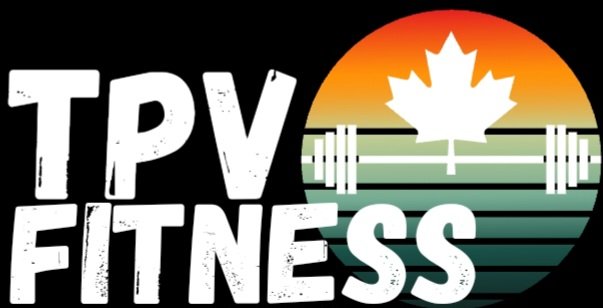The Trifecta of Health and Beauty
In the world of wellness and skincare, collagen is often hailed as the Holy Grail for youthful skin and strong bones. But did you know that not all collagens are created equal? Collagen comes in different types, each with its own unique structure and benefits. Let’s dive into the fascinating world of type 1, 2, and 3 collagens and uncover their differences and the myriad ways they contribute to our overall health.
Type 1 Collagen: The Skin Saviour
Type 1 collagen is the most abundant collagen in the human body, making up about 90% of the body’s total collagen content. It’s the primary component of the skin, tendons, bones, and organs. Structurally, type 1 collagen fibres are tightly packed and provide strength and structure to tissues. In the skin, type 1 collagen forms a supportive network that helps maintain elasticity and firmness, keeping wrinkles at bay and promoting a youthful appearance.
As we age, the production of type 1 collagen decreases, leading to sagging skin, fine lines, and wrinkles. Incorporating type 1 collagen into our skincare routine or diet can help replenish lost collagen and support skin health from within. Collagen supplements, collagen-rich foods like bone broth, and topical skincare products containing collagen can all contribute to smoother, more radiant skin.
Type 2 Collagen: The Joint Protector
Type 2 collagen is primarily found in cartilage, which cushions joints and provides flexibility and support for movement. Unlike type 1 collagen, which forms dense fibres, type 2 collagen is more loosely packed, allowing for resilience and shock absorption in joints. It plays a crucial role in maintaining joint health and preventing conditions like osteoarthritis, where cartilage degenerates over time.
Supplementing with type 2 collagen has been shown to improve joint pain and stiffness, making it a popular choice among athletes and those with joint-related conditions. Additionally, consuming collagen-rich foods and nutrients that support collagen production, such as vitamin C and amino acids, can help support joint function and mobility.
Type 3 Collagen: The Structural Supporter
Type 3 collagen shares similarities with type 1 collagen and is often found alongside it in tissues like skin, blood vessels, and organs. It provides structural support and contributes to the elasticity of tissues, particularly in organs like the liver, lungs, and blood vessels. Type 3 collagen is crucial for maintaining the integrity and function of these vital organs.
While type 1 collagen is abundant in mature skin, type 3 collagen is prevalent in developing tissues, such as during wound healing and in embryonic development. It helps facilitate tissue repair and regeneration, making it essential for maintaining overall health and vitality.
Benefits to Overall Health
The benefits of collagen extend beyond skin and joint health, impacting various aspects of our overall well-being:
- Bone Health: Type 1 collagen provides the structural framework for bones, contributing to their strength and density. Supplementing with collagen can help support bone mineral density and reduce the risk of fractures, especially in postmenopausal women who are prone to osteoporosis.
- Gut Health: Collagen contains amino acids like glycine, proline, and glutamine, which support gut integrity and function. Consuming collagen-rich foods or supplements may help strengthen the gut lining, alleviate digestive issues, and promote overall digestive health.
- Muscle Mass: Collagen is a vital component of muscles, tendons, and ligaments, providing strength and support for physical activity. Supplementing with collagen peptides may aid in muscle repair and recovery, enhancing athletic performance and reducing the risk of injuries.
Type 1, 2, and 3 collagens each play unique roles in maintaining our health and vitality, from supporting skin elasticity and joint function to promoting bone strength and gut health. Incorporating collagen-rich foods, supplements, and skincare products into our daily routine can help replenish lost collagen and support overall well-being from the inside out. So, let’s embrace the power of collagen and age gracefully, both inside and out.
Coach Steph
Reference: Chat GPT 3.5 – The benefits and types of collagen
